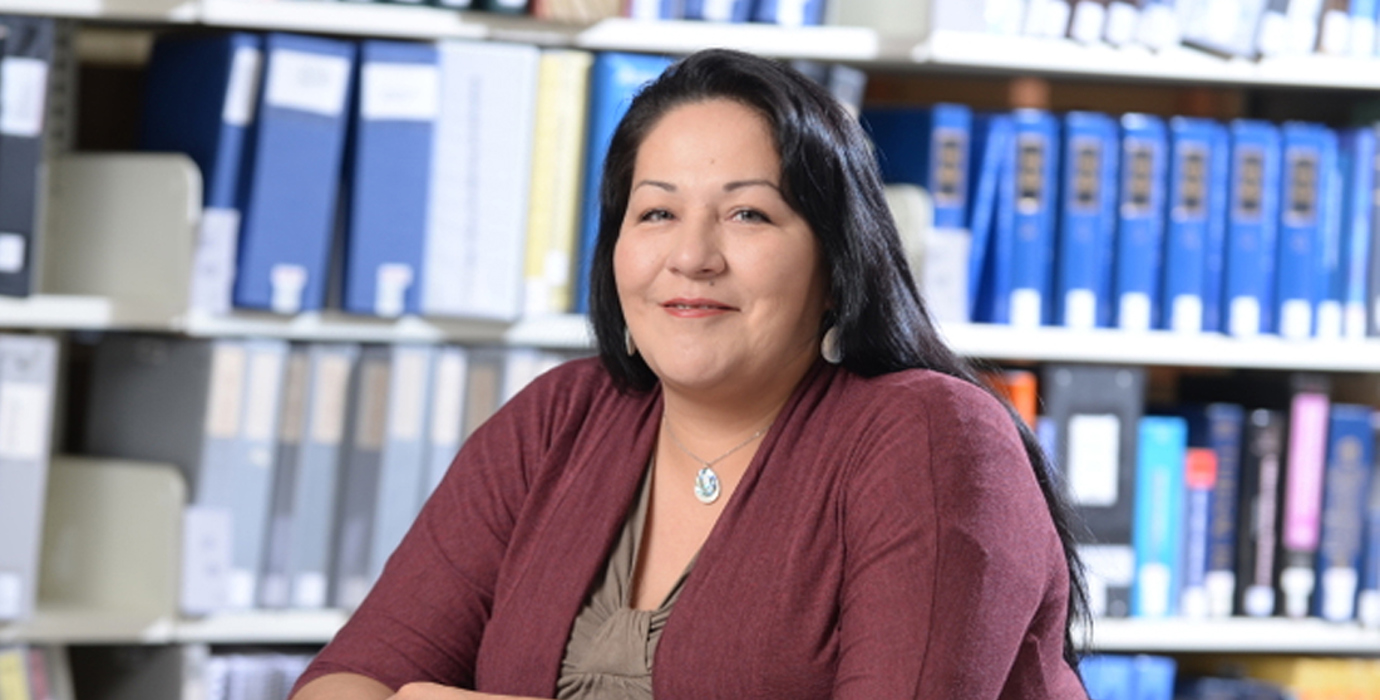Post-secondary education is a good way to grow skills and knowledge you can use to build your future. With a bit of planning, you will likely be able to pay for your education using some of the many financial resources out there.
In these videos, consider the multiple ways that Coby, Joel, and Shawn are using to pay for their education:
Embracing Learning as a Mature College Student (2:39)
Shawn attends a public college as a mature student. Watch as he discusses his experience upgrading his high school marks and becoming involved in activities related to his Indigenous cultural activities.
Funding for training
If you want to upgrade or take training to improve your job prospects, you may be eligible for financial support. Check out these resources:
- Employment, Training and Job Readiness Programs for Indigenous Peoples—information and resources for accessing training and upgrading programs
- Funding for Training—training and upgrading programs and funding through Alberta Supports
What post-secondary school will cost
The cost for tuition, books and supplies depends on:
- Where you go
- What you take
- How long your program is—1 year? 4 years?
- The type of program
You will also have living costs while you’re at school. When you look at student budgeting information, consider adding the following items if they apply to you:
- Living expenses for your family if you’re leaving the community to go to school and they will be going with you
- Family responsibilities to children, parents, grandparents, sisters and brothers and extended family
- Cultural responsibilities, such as memorials, feasts, ceremonies, hand games, pow-wows and round dances, including travel to these
For information about funding resources for all Albertans, check out Paying for Post-Secondary School.
Funding resources for Indigenous students
There are many resources specifically for Indigenous students:
- If you’re a First Nations person, find out if funding is available through your band.
- If you’re a First Nations or Inuit person, visit Indigenous Services Canada: Post-Secondary Education.
- If you’re a Métis person, check out the Rupertsland Institute: Métis Centre of Excellence.
- For information about funding for apprenticeship, visit Opportunities for Indigenous Peoples in the Trades.
- The Kapawe'no First Nation School Authority accepts applications for Post-Secondary funding (full or part time studies) in categories like college preparation, 2-year certificate programs, diploma and degree programs and furthering post-secondary study at the Masters or PhD and PDP levels.
Scholarships and awards for Indigenous students
- Indspire—the largest non-governmental funding body for First Nations, Inuit and Métis post secondary students across Canada
- Aboriginal Bursaries Search Tool—a searchable list of more than 680 bursaries, scholarships and incentives across Canada. Some vary by group such as First Nations, Métis or Inuit, and/or by region, place of residence, school or field of study.
- Scholarships and bursaries for Indigenous students may be available, varying by school.
- Scholarships Canada—scholarships, bursaries and awards. Search using the keyword "first nations."
- Belcourt-Brosseau Métis Awards—the largest non-governmental source of student funding for Métis students in Canada
- Alberta Scholarships—scholarships and awards for Indigenous students, administered by Alberta Student Aid.
- Advancing Futures Bursary Program—assists youth aged 18-24 who have been or continue to be in the care or custody of Children and Youth Services
- Freehorse Family Wellness Society (FFWS) is a non-profit organization that administers a post-secondary funding program on behalf of Indigenous and Northern Affairs Canada (INAC). The Post-Secondary Funding Program assists students from specific Alberta First Nations whose status is a result of Bill C-31. Alberta residents from Nunavut and the Northwest Territories with Indian Treaty Status or Inuit Status are also eligible under the Post-Secondary Funding Program.
Other student funding resources
- Check out the many scholarships and awards based on academics, athletics, community service, etc. that are available to all Alberta students.
- Find out about the loans and grants available to Alberta students.
- Visit Alberta Student Aid, the funding organization that helps eligible Alberta students meet the basic costs of learning and living.


